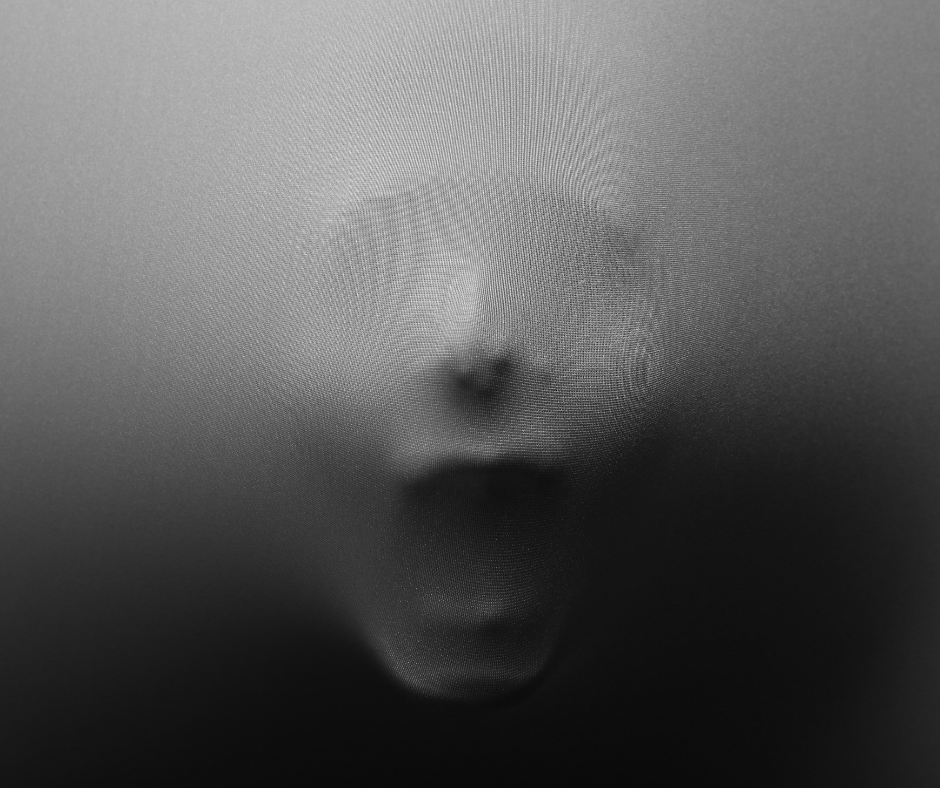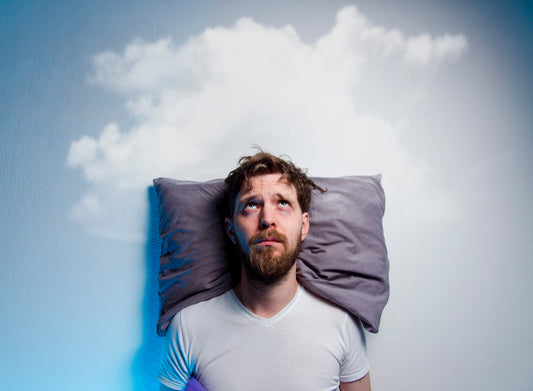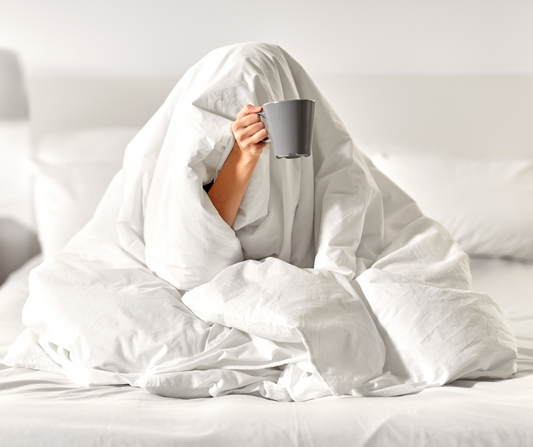Imagine waking up in the middle of the night, unable to move or speak, with the sense of a dark presence looming over you. You are filled with panic and the worst part is that you can’t respond. Or envision experiencing intense fear and confusion while being half-asleep, thrashing and screaming.
These examples represent the haunting experiences of sleep paralysis and night terrors, two sleep disorders that can turn a peaceful night's rest into a nightmare.
Sleep Paralysis: Motionless at Midnight
Sleep paralysis is a condition characterized by a temporary loss of muscle control during the transitional phases of sleep. A person may be conscious and aware of their surroundings, but may find themselves unable to move, speak, or react. This immobility often comes with vivid, sometimes frightening hallucinations, making the experience particularly unsettling. Studies show that between 25% and 50% of Americans have had sleep paralysis at least once.
Night Terrors: Fear in the Night
Night terrors, on the other hand, are episodes of extreme fear, screaming, or thrashing during sleep. Night terrors can be paired with sleepwalking (somnambulism), which adds another layer of complexity to this already puzzling phenomenon. It's not uncommon to experience a sleep terror episode and then return to sleep as if nothing happened. Although sleep terrors can affect individuals of any age, they are most common in children, affecting nearly 40 percent.
What Causes Sleep Paralysis and Night Terrors?
The exact causes of sleep paralysis and night terrors are uncertain, but several factors have been identified:
Sleep Deprivation: A lack of quality sleep and disrupted sleep patterns can trigger both sleep paralysis and night terrors.
Stress and Anxiety: High levels of stress, anxiety, and other emotional disturbances can contribute to these sleep disorders.
Sleep Disorders: Conditions like narcolepsy, insomnia, and sleep apnea have been linked to sleep paralysis and night terrors.
Genetics: There may be a genetic component, with family history playing a role in the development of these disorders.
Coping and Managing Sleep Paralysis and Night Terrors
While there is no definitive cure for sleep paralysis and night terrors, several strategies can help alleviate their frequency and severity:
Establish a Consistent Sleep Schedule: Creating a regular sleep routine can promote better sleep quality and reduce the likelihood of experiencing these disturbances.
Manage Stress and Anxiety: Techniques such as meditation, yoga, and relaxation exercises can help reduce emotional triggers.
Improve Sleep Environment: Creating a comfortable, soothing sleep environment can make a significant difference in the quality of sleep.
Seek Professional Help: Consulting a healthcare professional or sleep specialist can help diagnose underlying conditions and explore potential treatments or therapies.
The Takeaway
Sleep paralysis and night terrors are mysterious sleep disorders that can turn a peaceful night's sleep into an agonizing experience. Understanding these conditions and implementing coping strategies can provide relief and offer the promise of a better night's rest.
Scroll down and sign up for our monthly newsletter to learn more.
Dream big, work hard, sleep ambitiously,
Joe Castignani



